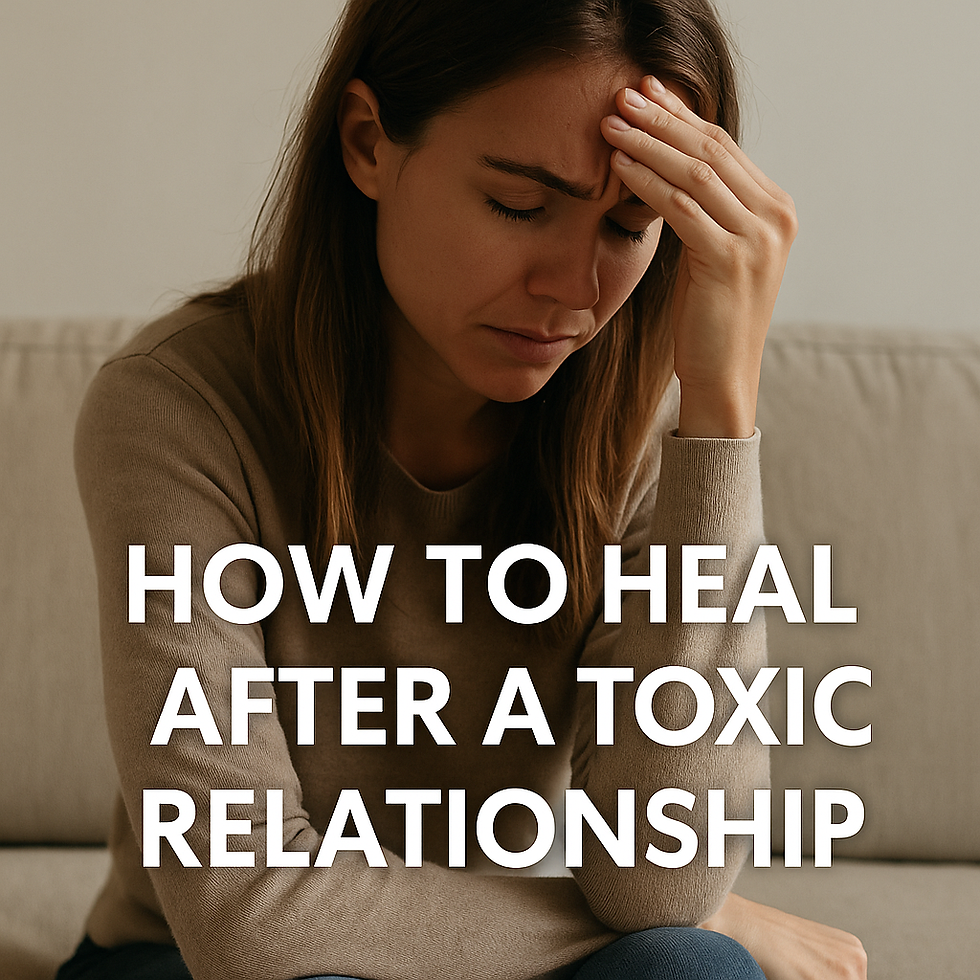The Difference Between Coaching and Counselling – And How to Choose
- zeespareddeer
- May 15, 2025
- 2 min read
When you're ready to get support for your mental and emotional wellbeing, you might find yourself asking: Should I work with a coach or a counsellor?
They both help you grow, both involve meaningful conversations, and both are grounded in your desire for change. But they are not the same—and understanding the difference can help you get the support that best fits your needs.
What Is Counselling?
Counselling (also called therapy) is focused on mental health, healing, and emotional processing. It’s typically led by a licensed therapist who has clinical training in diagnosing and treating mental health issues.
Counselling helps you:
Process past trauma or grief
Manage anxiety, depression, or mood disorders
Navigate life transitions and relationship issues
Heal from emotional wounds
Build emotional regulation skills
At Alberta Online Counselling, all of our therapists are trained to work with clients through these deeper, more complex areas—whether you're struggling in the present or unpacking your past.
What Is Coaching?
Coaching is action-oriented and future-focused. Coaches aren’t there to diagnose or treat mental health conditions. Instead, they help you set goals, build momentum, and level up your life in specific areas—like business, health, confidence, or productivity.
Coaching helps you:
Get “unstuck” in your career or relationships
Clarify your goals and take action
Stay accountable and motivated
Develop skills like confidence, mindset shifts, and decision-making
Navigate blocks that aren’t rooted in trauma or mental illness
Think of it this way: A coach is like a personal trainer for your mindset and habits. A counsellor is like a trauma-informed guide for your emotional well-being.
Coaching vs. Counselling: The Key Differences
Aspect | Counselling | Coaching |
Focus | Past + Present Healing | Present + Future Goals |
Approach | Emotionally Deep + Therapeutic | Actionable + Motivational |
Scope | Mental Health, Trauma, Disorders | Performance, Personal Growth |
Qualifications | Licensed, regulated professionals | Certified (but not always licensed) |
Best For | Healing, managing emotions, processing trauma | Building habits, achieving goals, staying accountable |
Can I Do Both?
Absolutely. Many people benefit from both counselling and coaching—just not at the same time. If you're currently navigating mental health struggles or emotional overwhelm, start with counselling. Once you feel more emotionally regulated, coaching can be an amazing next step to amplify your growth.
How to Choose What’s Right for You
Ask yourself:
Am I looking to heal or to grow?
Do I feel emotionally stuck or strategically stuck?
Do I need a safe space to process my emotions—or a push toward my goals?
Do I feel like my past is holding me back—or just unclear on my next steps?
If your answers lean toward emotional support and healing: counselling is your path. If you're looking for momentum, direction, and structure: coaching might be a great fit.
Final Thoughts
There’s no wrong choice—just different tools for different seasons of life. Coaching and counselling can both be powerful. What matters most is being honest with yourself about what you really need right now.
At Alberta Online Counselling, we’re here when your heart needs healing. And when you're ready to take action toward the life you want, a coach may be the next person to walk beside you.
Looking for support? Book your first counselling session and start your healing journey with a compassionate therapist who gets it.




Comments